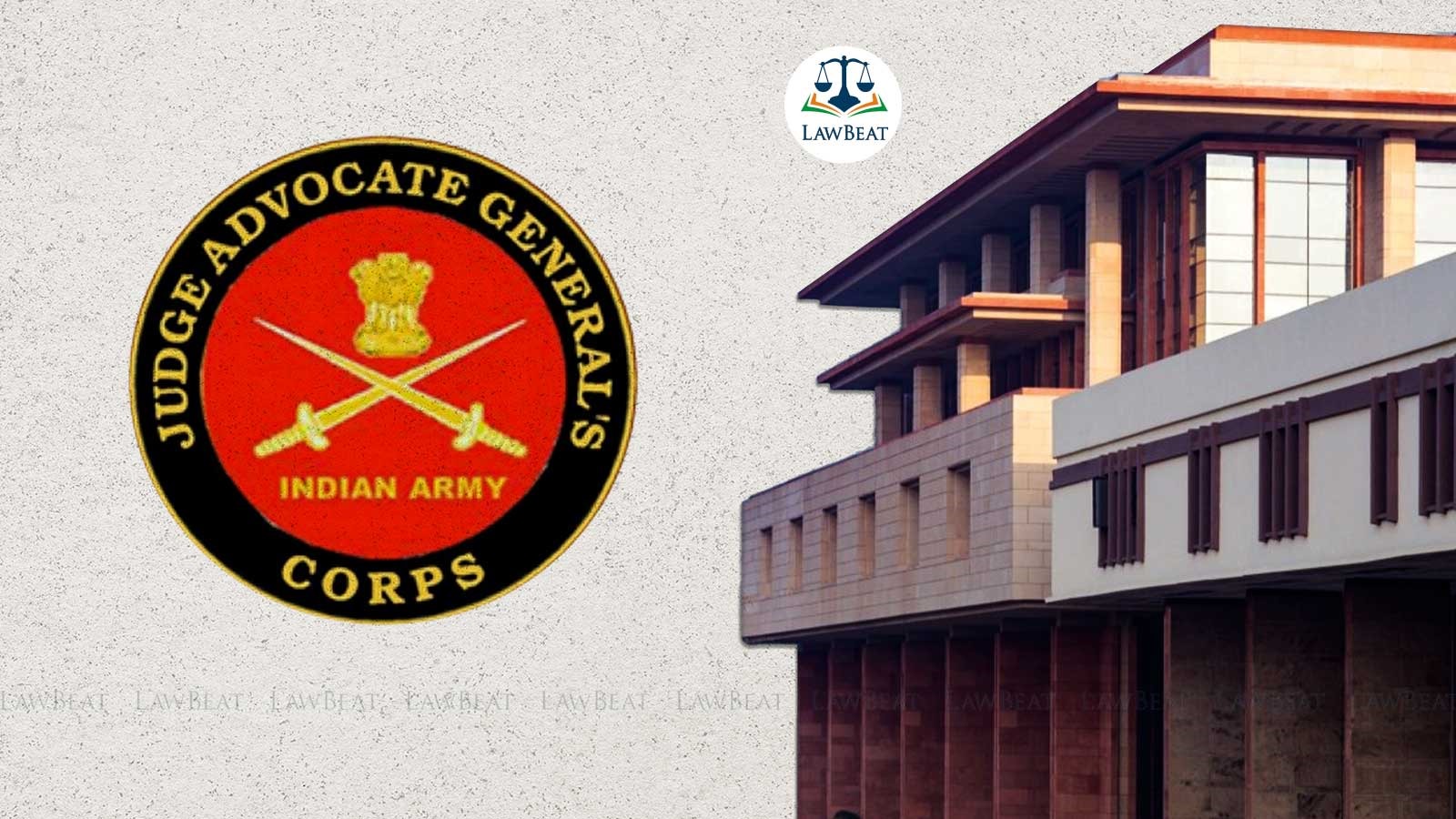"Not Fit case for PIL": Delhi High Court dismisses Plea Challenging Mandatory CLAT Appearance For Indian Army’s JAG Selection

The plea drew attention to the fact that the notification itself acknowledged that CLAT marks would play no role in the selection procedure
The Delhi High Court on Tuesday dismissed a Public Interest Litigation (PIL) challenging the mandatory requirement of appearing in the Common Law Admission Test (CLAT) for individuals seeking selection as officers in the Indian Army's Judge Advocate General (JAG) branch.
The bench, consisting of Acting Chief Justice Manmohan and Justice Mini Pushkarna, said, "This is not a fit case for PIL. Dismissed".
Notably, last week the court granted the central government's counsel time to seek instructions, scheduling the matter for hearing on Tuesday.
The PIL contended that this mandate is arbitrary, unjustified, unconstitutional, and violates Articles 14, 16, 19(1)(g), and 21 of the Constitution of India. It drew attention to the fact that the notification itself acknowledged that CLAT marks would play no role in the selection procedure.
The petitioner, Subham Chopra, through Advocate Prashant Vaxish stated that the notification, JAG 33, issued by the respondent (Union of India) through the Ministry of Defence, brought unreasonable classification and further promoted inequality, rather than providing equal opportunity and promoting equality before the law to all the candidates.
Moreover, the PIL challenged additional criteria, such as the requirement for applicants to be unmarried and the stipulation of not having been arrested in any matter.
The PIL also questioned the provision that bars candidates merely on the grounds of a past arrest.
It argued, "It is quite unfortunate and shameful on the part of the respondent that on mere arrest of an individual at the time of the investigation, he has been characterized as a convict despite not being proven guilty for an offence. Furthermore, this not only violates the fundamental protection guaranteed to the citizen(s) under Article 21 of the Constitution of India but also threatens the primary principles of innocence laid down under criminal jurisprudence."
Case Title: Shubham Chopra v. Union of India
